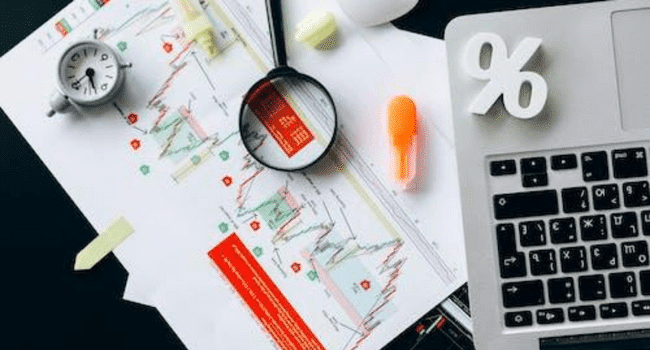Table of Contents
Forex trading is all about speculating on currency to make a profit. When trading currency, you trade in pairs, so when you exchange one currency for another, you’re speculating on whether one will rise in value or fall against the other. Trade flows, economic events, political events and geopolitical events can all affect the supply and demand of forex, which creates volatility that investors can explore to make profits.
Trading currencies in the US is more problematic than in other continents as trade is subject to strict rules and regulations. Licensing is also incredibly expensive for anyone who wants to operate in the US.
Below is a look at regulations in the US and why some people think forex trading in the US is illegal. There will also be some discussion of what makes good currency traders and bad ones.
Forex trade regulation in the US
The National Futures Association (NFA) provides regulatory programs to safeguard the integrity of derivatives markets, including forex. Amongst its activities are:
- The provision of licenses to eligible forex brokers
- Enforcement of adherence to capital requirements
- Action against fraud
- Enforcement of record-keeping and reporting requirements regarding business and transaction activities.
Under US regulations for individuals who own less than $10 million in assets, the following regulations apply on brokerage accounts:
- Leverage is restricted to 50:1 on major currencies to stop uneducated investors taking unheard of risks
- Leverage is restricted to 20:1 on minor currencies
- On short forex options, the notional transaction value amount and the option premium must be retained as a security deposit
- On long forex options, the whole premium must be retained as a security deposit
- Under the first in first out (FIFO) rule, traders can’t hold simultaneous positions on forex in the same asset. This also carries the implication that there’s no hedging in forex trading.
Some people have reservations about forex trading, as the NFA have fined several forex brokers for malpractice. Others think forex trading is a scam. Some brokers have engaged in shady practices such as wide bid-ask spreads, making it harder for traders to make a profit; or limiting customer withdrawals.
Thankfully, forex trading isn’t as vulnerable to scams as it used to be. Tighter regulations have prevented this, so you can still find a reliable US-based forex broker. There are plenty out there.
Distinguishing between good forex brokers and bad ones
Worried about being burned by a forex broker? Here’s how to tell a good forex broker from a bad one:
Good brokers following licensing and regulations
A good broker will follow all the regulations and have all the required licenses. Bad brokers could lure you into a variety of unsafe situations. Allowing an unregulated broker to handle your money is a bad idea.
Good brokers offer a demo account
A good broker will have no issue with providing a trial period or a demo account that poses no risk to you. Offering this type of account is a standard business procedure that allows you to practice with fake money or to trial with the platform for a few weeks. You can get to know the platform and decide whether it’s the right one for you.
Good brokers provide a selection of accounts
Forex trading is popular, and good brokers will have a choice of accounts so you can choose the one that bests suits your requirements. There are plenty of different accounts out there, so you should have access to them.
Good brokers have good customer service
Forex trading takes place around the clock, so good customer service is a major asset for a forex broker. It’s important for them to be able to serve their customers around the clock. New traders will especially appreciate 24 hours a day customer service.
Ideally, they’ll have human customer service technicians. No one wants to have to push buttons and hope they get the right answer.
Good brokers make it easy to deposit money or withdraw it
Being able to access the money in your account is important for you and the broker. For some brokers, it’s the most important quality. Good brokers make this possible.
It’s always important to be on your guard. If you receive notification of a forex investment opportunity out of the blue, there’s a good chance it’s a scam. Be wary of anyone who promises risk-free investments and/or unrealistic returns.
Is a company trying to pressure you into making an investment? This could also be fraudulent. Watch out for forex adverts on social media as well, in which scammers may use images of luxury living to trick you into making an investment.
The volatile nature of the forex market creates splendid opportunities for investors. Forex trading in the US is highly regulated, keeping investors safer from unscrupulous elements. Following the advice above will help you choose a good forex broker and keep away from the bad ones.
Read More on KulFiy
Top Forex Trading Strategies for Successful Traders
